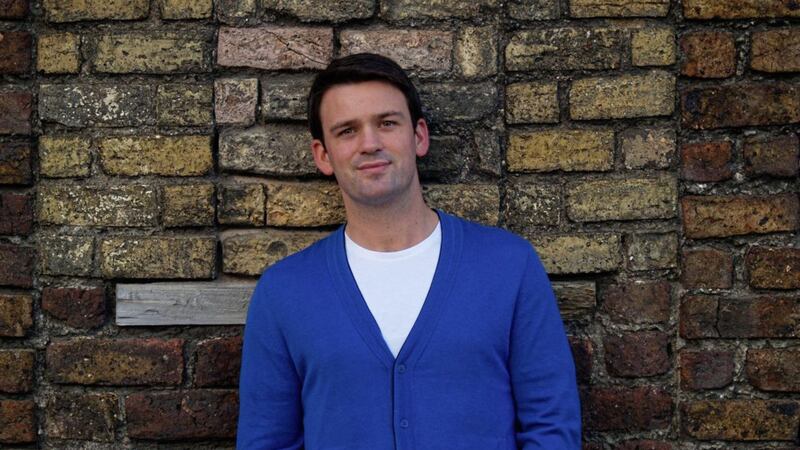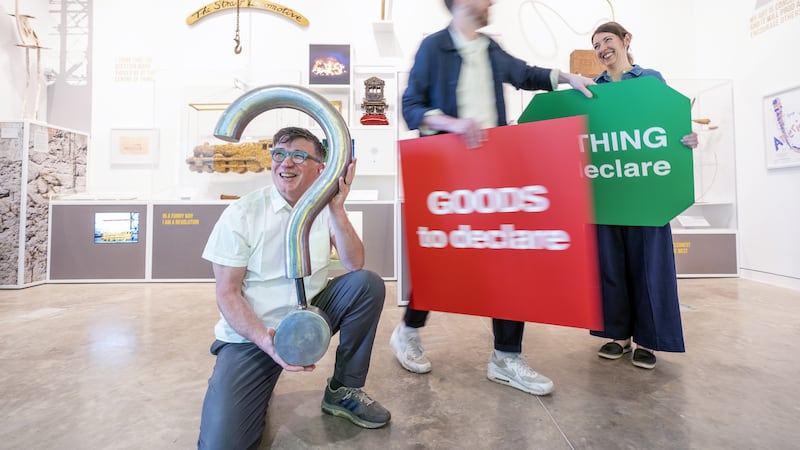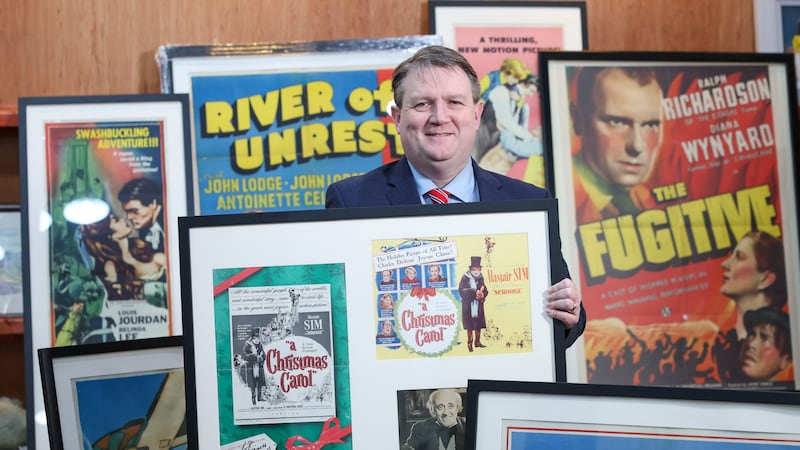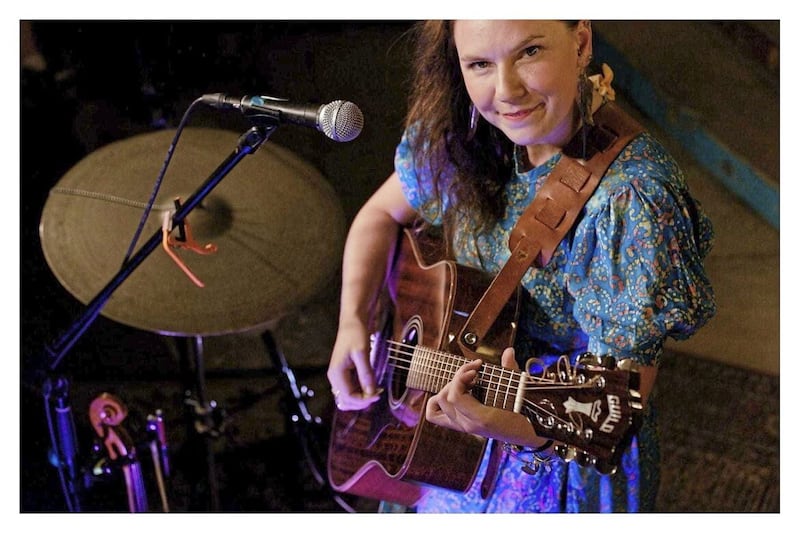WHENEVER we thrill at hearing great traditional musicians on stage or at a session or in a concert hall as they lift us into the unknown emotional world that their music evokes, we are unlikely to ponder what life holds for those same musicians once the final encore has been played and the audiences files out on their way home.
While coronavirus decimated most of the arts community this year, it was just the most extreme manifestation of what musicians and singers need to do on a daily basis just to survive, from getting gigs which will pay them enough, to getting their music known to the public, to depression and alcoholism.
Two developments which are coming more and more into focus, the Fair Plé movement which aims to get a proper representation of women in the traditional music world, and #MiseFosta, where women have been speaking out about incidences of sexual harassment they have experienced when on the road.
These are the subjects which will be discussed during the online TradTalk 2020 where you can join in the discussion on any of the above matters.
The idea comes from the new group, Trad Ireland, who came together to “promote the traditional arts throughout the island of Ireland and support practitioners through advocacy and professional development opportunities” as co-founder Tristan Rosenstock told me this week.
“Oisin Mac Diarmada and I established Trad Ireland in 2018, really with the view of setting up a body which would advocate on behalf of the traditional arts, to increase opportunities for practicing traditional musicians, singers and dancers,” explained Tristan.
Feeling there was a void in the arts landscape while other disciplines were well represented, one of the first things Trad Ireland did was to commission an important piece of research which will be launched by Martin Hayes during TradTalk tomorrow morning.
The 180-page report is called Navigating the Traditional Arts Sector in Ireland and was compiled by Clare concertina player Jack Talty.
“Jack talked to many musicians, singers and dancers, venue owners, festival organisers and so on from all over Ireland and you really get the sense of a community speaking here,” says Tristan.
“Jack has come up with recommendations based on the concerns he heard so this is really the voice of the community feeding into the proposals which Trad Ireland can then take forward.”
The report will be available for the public to read from tomorrow onwards.
At long last, traditional arts can have a centralised cohesive voice and one of the things that Trad Ireland wants to take forward next year, as well as hosting TradTalk and commissioning new research, is setting up a centralised digital hub, a one-stop shop where people can access the traditional arts.
“I think there a lot of people in venues and in festivals all over the island who are well disposed to traditional music but who don’t know much about it and need a starting point,” says Tristan, the bodhrán player with Téada of course.
“This online hub would help people book a singer or a piper or a harp player, a band, a duo or a trio and this would help them access that. It's also about raising the visibility of the music.
"Last year we had John Carty as a resident musician in Sligo where he took the music to places where you wouldn’t normally hear traditional music played and next year, we are hoping to commission a large-scale mural in Sligo marking 100 years since Michael Coleman started his recording career in New York in 1921. So all that will help the visual presence of the traditional arts and hopefully get people more engaged with them.”
Another theme in the TradTalk 2020 is the role of the media, with many traditional musicians saying they feel very frustrated and are finding it harder and harder to penetrate into the print and broadcast media.
This is particularly odd when trad is seeing a huge rise in the number of people playing and venues in which to hear it but this isn’t being reflected in the mainstream media.
Country music has seen a recent revival because TV companies have seen how popular it is in parts of Ireland and they have mirrored that enthusiasm and interest in programmes and that has led to more people turning up at gigs.
TradTalk will therefore look at how better the traditional arts can attract that kind of media attention to show the special magic that they can conjure up – although of course TG4 have been making at times stunning live traditional music programmes and documentaries.
I find it very much to Trad Ireland’s credit that it is happy to tackle some of the darker issues in traditional music, especially misogyny – and worse.
“Well, Fair Plé has been around since 2016 and Jack’s report was to come out at the start of the summer but around that time #Mise Fosta, a traditional arts version of the #MeToo movement, began to emerge where female musicians and singers spoke of the sexual harassment and sexual abuse they suffered in their working environment,” explains Tristan.
“Jack Talty had the good sense to delay the publication of his report so that we could hear those voices and include them in the report.
“There are recommendations as to how this can be tackled. TradTalk is about pulling everyone together, throwing everything out there, because the challenges that anyone in our community has to face is something that we all have to face. So we asked Fair Plé and Mise Fosta to curate a discussion this year and we are delighted that we have six really strong contributions outlining the story so far, what they set out to achieve and how Mise Fosta came into being.
“The importance of the issue is underlined by the fact that so many young, talented women gave up playing music altogether because of the sexual harassment they experienced.”
It is more of a human story than a story about music.
Among those taking part will be Karan Casey, Pauline Scanlon Kate Barry, Joanne Cusack, Andrew Jackson, Anna Ní Nualláin, and John Sheahan.
All the above will stream live tomorrow between 10am and 1pm at trad-ireland.com. The event is free but pre-registration is necessary. It promises to be a fascinating insight into the world of the traditional arts world today, warts and all, but I think everyone will be the better for watching it.








